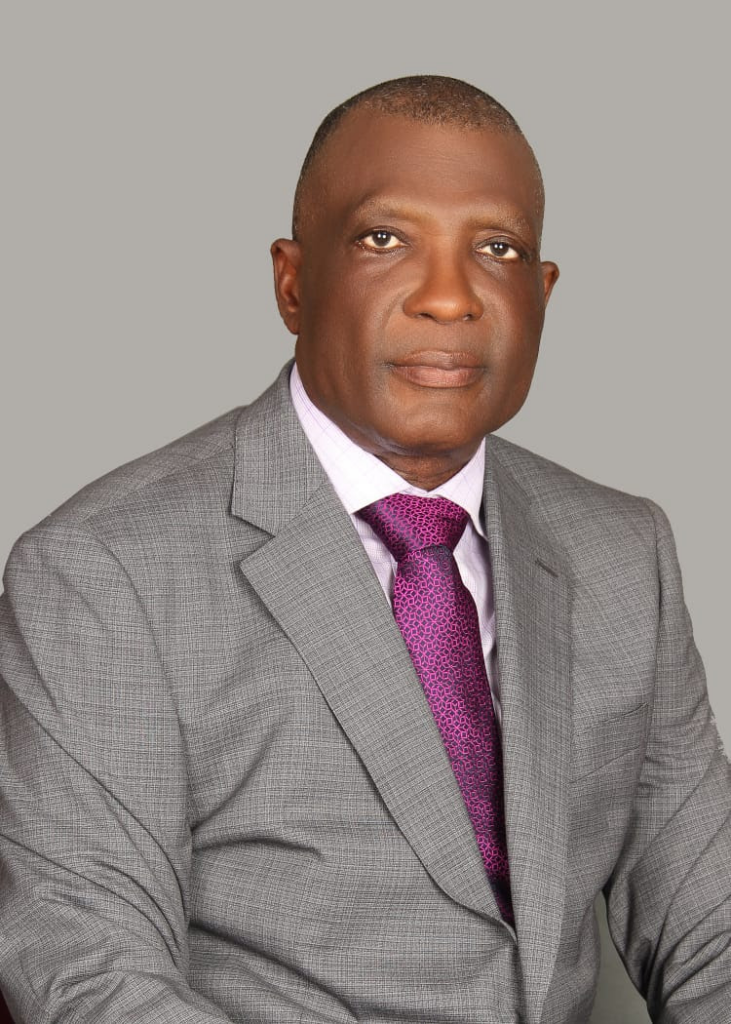On stage in a marine park stadium, a director yells “Action!” and the cameras roll as a young woman in a turquoise wetsuit starts to dance and a sea lion leaps from a cobalt-blue tank and twirls in front of her.
It is one of the final scenes being filmed for “JIVA!,” a Netflix Inc. original series about a talented dancer who realizes her moves could be her ticket out of a working-class neighborhood in coastal Durban, South Africa. It is one of a raft of new series the global streaming giant hopes will score millions of new subscribers across the world’s youngest and fastest-growing continent.
“I pitched the story, they loved it and then they green lit it. It was like one, two, three,” said Busisiwe Ntintili, creator, showrunner and executive producer of the show, slated to premiere world-wide on the streaming service in 2021. “It shows that Netflix really knows what they want.”
Sub-Saharan Africa is one of the final frontiers in Netflix’s bid for world domination of the $100 billion video-streaming market. Its 1.1 billion citizens represent a vast untapped opportunity for the company. In January, Netflix said it had surpassed 100 million subscribers outside the U.S. for the first time.
Streaming in Africa is expected to grow rapidly. Digital TV Research, a London-based industry forecaster, estimates subscriptions in Africa will balloon to 13 million by 2025, up from 3.9 million in 2020.
This month, Netflix appointed Zimbabwean businessman Strive Masiyiwa, the chairman and founder of African telecom and technology company Econet Group, to its board.

Netflix said that viewing in South Africa, the continent’s most-developed economy, more than doubled from January to November versus the same period in 2019.
To win African eyeballs and wallets, Netflix is also investing more in original African programming; the company declined to comment on how much it is spending.
Challenges for streaming services on the continent are many: piracy, expensive mobile data and slow internet speeds as well as poverty. Netflix is still seen as expensive by many Africans and only accepts dollar payments in many markets, which limits it to an elite audience.
Simon Murray, principal analyst at Digital TV Research, said that Netflix will need to spend more if it is to dominate on the continent. Netflix has commissioned some original content in Africa, he said, but it has not made a financial commitment to open its own studio.
Netflix’s chief rival is homegrown streaming champion Showmax, part of Johannesburg-listed MultiChoice Group Ltd., which has led the way on the continent with original African content that makes up around 40% of Showmax viewing.
Showmax was launched before Netflix was available on the continent and was the first of the two streaming services to offer downloads for offline viewing as well as downloads in varying qualities.
Netflix currently leads Africa, with just shy of 2 million subscribers, according to Digital TV Research. Showmax comes in second with 688,000 direct subscribers, but that figure doesn’t take into account subscribers to MultiChoice’s pay-TV service, DStv, for whom Showmax is offered as a free or discounted add-on to certain subscribers. MultiChoice, which was spun off last year from internet and media giant Naspers Ltd., Africa’s largest company, says Showmax and sister brands GOtv and DStv now have 20.1 million subscribers combined.
Other international competitors are lagging. Amazon Prime Video has about 100,000 subscribers, according to Digital TV Research. Disney+ isn’t yet available on the continent.
Most of Netflix’s Europe, Middle East and Africa markets, including sub-Saharan Africa, are managed from Amsterdam, but the company is stepping up its local fare. The company premiered its first original African series earlier this year, a spy drama called Queen Sono, which made Netflix’s top 10 lists in multiple countries. After initially renewing the show for a second season, Netflix canceled the series, with the creator indicating pandemic-related logistical issues.
Netflix says it scours the continent for the greatest African stories and storytellers, then equips them with the resources to make the best versions of their series or films. Variety in language, taste, culture, experience and mood are also important.
The company has announced new creative partnerships for more original content in Nigeria this year, including a film adaptation of “Death and the King’s Horseman,” a play by the 1986 Nobel Prize laureate in literature, Wole Soyinka. Netflix also licenses and acquires locally produced shows and movies from countries including Kenya, Ghana, Mozambique and Angola.
To lure as many subscribers as possible, both Showmax and Netflix are working on finding the inflection point on pricing that tips the consumer in their favor.
Netflix is currently testing mobile-only subscriptions in the region, a subscription type already offered by Showmax. The monthly price in South Africa is 59 South African rand, equivalent to $4.03.
“Everyone wants to be able to reach larger audiences and have an impact outside just your own country,” Ms. Ntintili said. “I know if people outside of South Africa see young people dancing, they will just go crazy.”
This story has been published from a wire agency feed without modifications to the text.
South Africa Today













